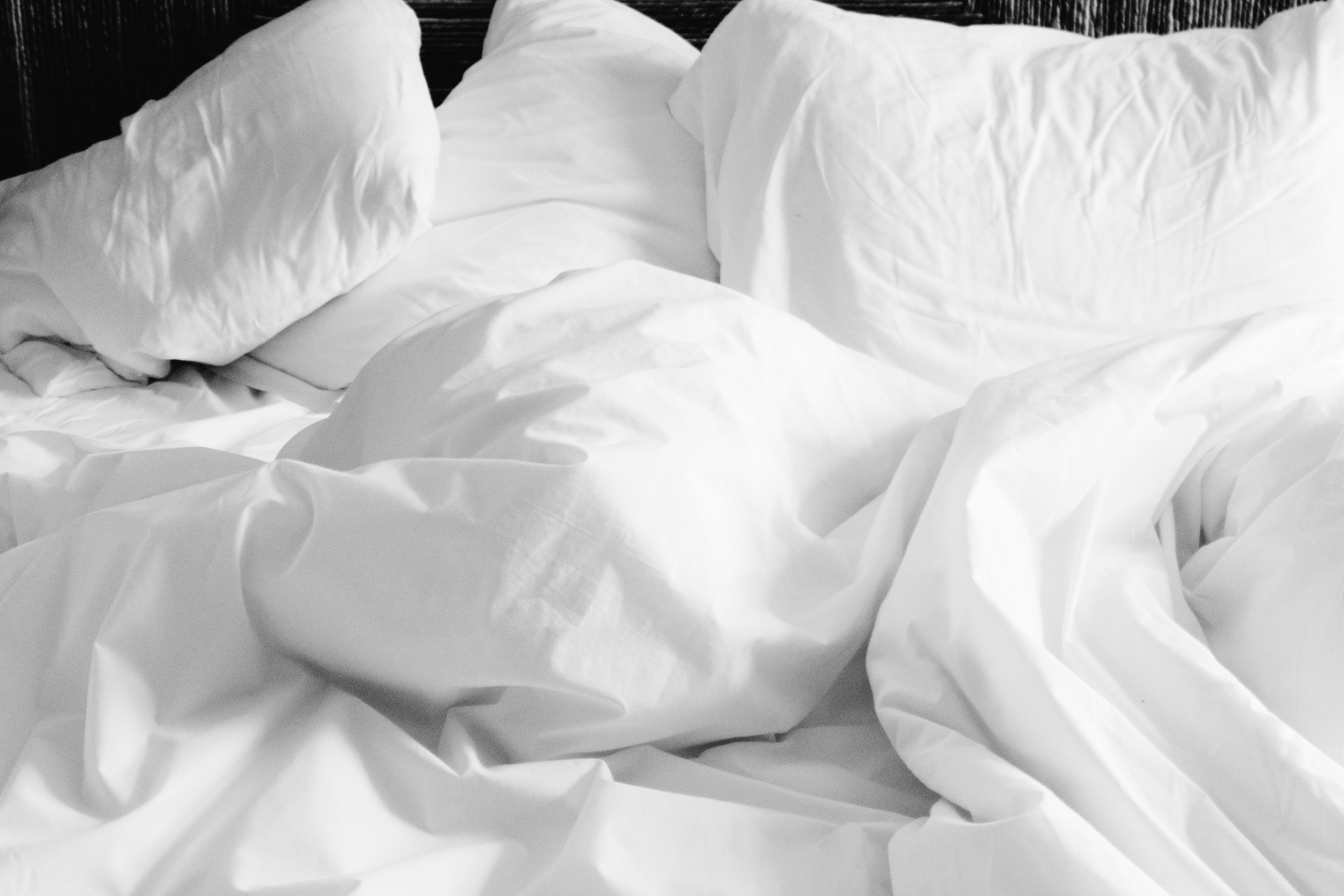What is sleep apnoea?
Sleep apnoea is a condition which affects your breathing while you sleep. It causes you to stop breathing for a short period of time. There are two types of sleep apnoea – one is called ‘central’ and the other is ‘obstructive’.
Most people who have sleep apnoea do not know that they stop berathing, but they may be woken up by gasping for breath or startled. They also often have a history of snoring.
Around 1 in 4 men over the age of 30 years have some form of sleep apnoea.
In obstructive sleep apnoea, there is a problem with the upper airway, causing narrowing or closing when you are asleep which stops your breathing. In central sleep apnoea, the brain stops sending signals to the muscles that help you breathe, which stops your breathing. This article will focus on the obstructive type.
What are the symptoms of sleep apnoea?
The main symptoms reported are snoring, tiredness and daytime sleepiness. Other symptoms can include:
-
Restless sleep
-
Waking up choking or gasping
-
Morning headaches, dry mouth or sore throat
-
Waking up often to urinate
-
Waking up feeling unrested or groggy
-
Trouble thinking clearly or remembering things
Often these symptoms are thought to be normal by the patient. If you experience any of these, please see your GP for assessment.
How is sleep apnoea diagnosed?
The best test for sleep apnoea is a ‘sleep study’. This can often be done at home, but in some cases may involve a stay in a sleep laboratory overnight. The test requires you to be hooked up to different machines, which monitor your sleep and breathing overnight and the results are used to determine if you have sleep apnoea.
Can sleep apnoea be treated?
Yes! There are a number of ways to treat sleep apnoea.
Some things you can do on your own include:
-
Avoiding laying on your back while sleeping (this is not always practical as people cannot control their position when they sleep)
-
Lose weight (if you are overweight)
-
Avoid alcohol as it can worsen sleep apnoea
If you are diagnosed with sleep apnoea by your doctor, they may suggest a CPAP machine to wear overnight. This is a machine which has a mask you wear on your face overnight to help keep your airways open overnight. This machine can be noisy, so a lot of people like to try it out and see how they tolerate it first before buying it.
Your doctor may also suggest a device that can be worn in the mouth to keep it open, often known as a ‘mandibular advancement device’. If these methods fail, they may even suggest surgery to correct the airway problem.
Is sleep apnoea dangerous?
Sleep apnoea can potentially be dangerous as you may not get good quality sleep, so they are often tired and not alert. This can put you at risk of car accidents or other types of accidents. There have also been studies to show that people with sleep apnoea have higher incidences of high blood pressure, heart attacks and other heart problems. Using treatments for sleep apnoea may help prevent some of these problems.
If you are interested in learning more about this topic, feel free to book an appointment with one of our friendly doctors by booking online or contacting us by phone on 8269 6000.
References
-
Better Health Channel 2015, Sleep Apnoea, Better Health Channel, retrieved online 9/9/17, retrieved from < https://www.betterhealth.vic.gov.au/health/conditionsandtreatments/sleep-apnoea >
-
Crowley K, Martin KA 2017, Patient Education: Sleep Apnoea (The Basics), UpToDate, retrieved online 9/9/17, retrieved from < https://www-uptodate-com.proxy.library.adelaide.edu.au/contents/sleep-apnea-the-basics?source=search_result&search=sleep%20apnoea&selectedTitle=2~150#H17011366 >
Medical information disclaimer:
No advice: Our website contains general medical information. The medical information is not advice and should not be treated as such.
No warranties: The medical information on our website is provided without any representations or warranties, express or implied. Without limiting the scope above, we do not warrant or represent that the medical information on this website: will be constantly available, or available at all; or is true, accurate, complete, current or non-misleading.
Medical assistance: You must not rely on the information on our website as an alternative to medical advice from your doctor or other professional healthcare provider. If you have any specific questions about any medical matter, you should consult your doctor or other professional healthcare provider. If you think you may be suffering from any medical condition, you should seek immediate medical attention. You should never delay seeking medical advice, disregard medical advice or discontinue medical treatment because of information on our website.
Interactive features: Our website includes interactive features that allow users to communicate with us. You acknowledge that, because of the limited nature of communication through our website’s interactive features, any assistance you may receive using any such features is likely to be incomplete and may even be misleading. Any assistance you may receive using any our website’s interactive features does not constitute specific advice and accordingly should not be relied upon without further independent confirmation.
Limits upon exclusions of liability: Nothing in this disclaimer will: limit or exclude any liability for death or personal injury resulting from negligence; limit or exclude any liability for fraud or fraudulent misrepresentation; limit any liabilities in any way that is not permitted under applicable law; or exclude any liabilities that may not be excluded under applicable law.
Credit:This document was created using a template from SEQ Legal (http://www.seqlegal.com)

